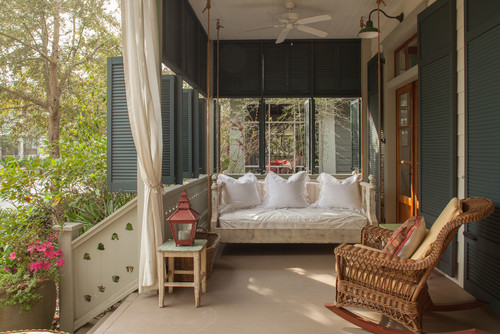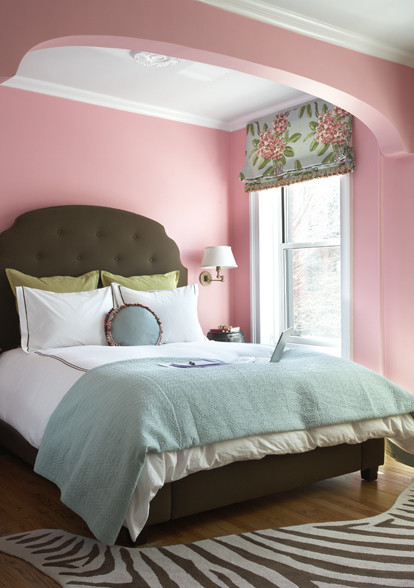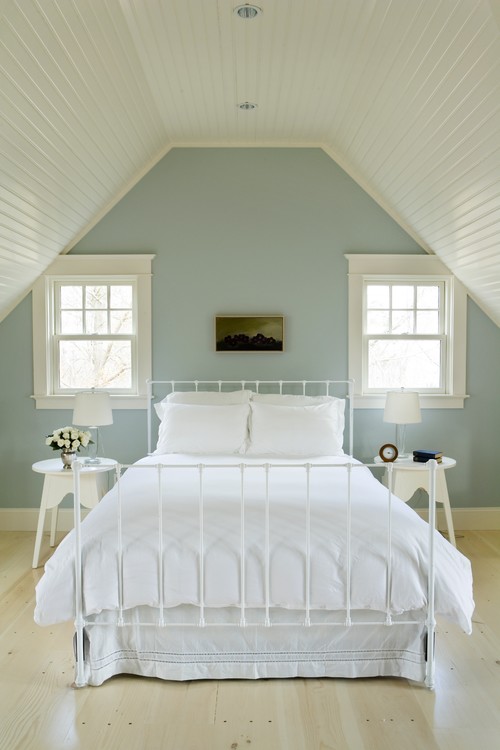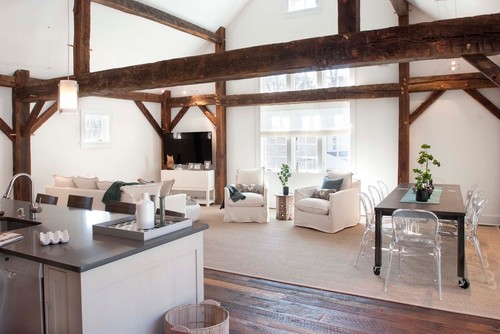 by Sharda Chaitanya
by Sharda ChaitanyaFeng Shui is about much more than intentionally arranging furniture or fixtures or decorations in a particular way. Those things are important, certainly, and are not to be overlooked. But what happens when the room or house is finally done, when all the prescribed Feng Shui work has been applied and now you have a new place?
Let's go back and begin with the inception of the idea, the initial desire, to make a change using the art of Feng Shui. The simple idea of wanting change is kind of a big deal. This is where you finally decided that what you have is not working, or needs improvement. Initiating change is the first movement toward a better situation, and it is that seed of an idea that keeps you motivated throughout the process, remembering why you are doing this.
I want to emphasize here that Feng Shui is not this huge undertaking. The huge undertaking is more in the mind - you will have to change how you see something, particularly if that something is dysfunctional. What we have grown accustomed to has become comfortable, familiar, and therefore reliable - you don't have to think about it. But what is happening on another level when the Chi is off balance, is that the subconsciousness is perceiving disharmony in the energy of the space, which is in turn taxing on the general well-being of those who occupy that space. Any resistance to change, or doing something positive like Feng Shui, is ego which doesn't want to let go of the very thing it created. Sometimes we so buried our unhappiness about something that we've actually forgotten about it. Feng Shui can unearth those feelings and help you come to terms with the cause of your negative emotions.















